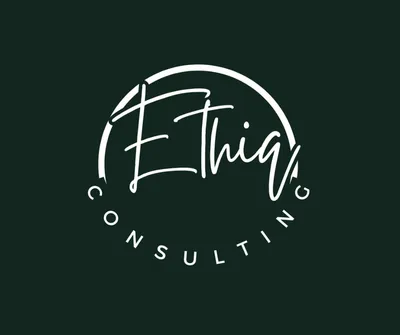What are the fundamental ethical principles that should guide AI development, and why are they important?
A few fundamental ethical principles guide the data handling practices, design, development and deployment of AI technologies. Ethical practices in the AI development lifecycle should start with data handling, given that data is crucial in training AI models and forming the basis of AI systems' knowledge and capabilities. By ensuring ethical practices in data handling from the outset, AI practitioners can lay a strong foundation for responsible AI development throughout the entire lifecycle. This approach aligns with some key ethical principles highlighted below.
Fairness and Non-discrimination
It's crucial to design AI systems that treat everyone fairly, regardless of race, gender, age or other protected groups. AI can significantly impact lives, from hiring to loan approvals, and if not ethically designed, it can perpetuate inequalities. Ensuring fairness in AI requires identifying and eliminating biases in data and algorithms while continuously monitoring outcomes to treat all individuals equitably.
Transparency and Explainability
AI decision-making processes need to be understandable and interpretable by humans. It's essential for people to understand why and how AI decisions are made, especially in critical areas like healthcare, finance or criminal justice, where AI-driven decisions can have profound consequences. Ensuring transparency and explainability builds trust in AI systems and the organizations behind them, allowing individuals to challenge decisions that may seem unfair or incorrect. This also helps make the technology more accessible to a broader audience, ensuring it is used responsibly.
Privacy and Data Protection
As AI systems rely on vast amounts of data, safeguarding user information and respecting privacy rights are paramount. Data must be collected, stored and used securely to protect individuals’ privacy and prevent unauthorized access. This requires strong data encryption, anonymisation techniques, and strict access controls. Respecting privacy ensures legal compliance and fosters user trust, assuring the information is safe and won’t be misused.
Accountability
With AI systems increasingly making decisions that affect people's lives, it's vital to establish clear lines of responsibility for those decisions. Accountability means identifying who is responsible when AI makes mistakes or causes harm—whether designers, developers, companies deploying the AI, data scientists or other stakeholders, collectively known as AI practitioners. Accountability frameworks ensure AI is used ethically and that there are mechanisms for redress if something goes wrong.
Safety and Security
Ensuring that AI systems are safe and secure prevents harm and protects users. Robust safety measures need to be in place to avoid unintended consequences, such as malfunctioning or being exploited by malicious actors. This includes rigorous testing, continuous monitoring, and implementing security protocols to guard against cyber threats. Prioritising safety and security helps to prevent potential risks and ensures that AI technologies can be trusted and relied upon.






